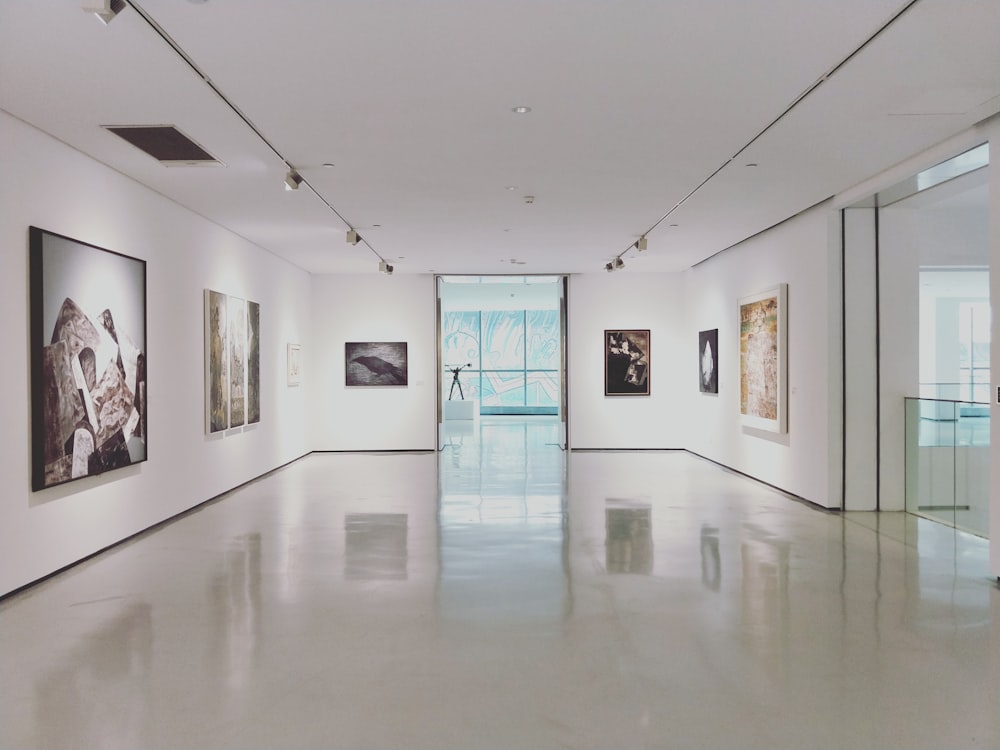Fragment - Daddy's Girl

Daddy's Girl
She moved out at 17 but stayed on her daddy’s credit card because he refused to let her starve. Her cousins loved her more, she shouted. “They said I could live with them. They’ll fight for me like you’ve never fucking done.”
“All I’ve ever done is fight for you, you piece of shit. Everything I’ve ever done has been for you and your sister,” he’d growl.
They’d had police and CPS investigators from the religious scream-outs in the back of the garage, her yells shattering the hollow peace of the white-collar neighborhood and his quiet, biting response so muffled it sounded like she was yelling to herself.
Proficient in every category of makeup product, she’d cover up the self-inflicted cutting, scratches, and bite marks when the police arrived, flashing her perfect smile at the officers. She’d flirt with the men while her dad loomed in the background. They’d ask if she was okay—wink once if you need help—and she’d laugh wildly aloud and say, “No, no, no, I’m just a daddy’s girl, you know how it is.”
They didn’t know what to do with her charisma—no one did—so they stood in silence that should have been awkward if she wasn’t smiling so damn nicely and perfectly charismatic, then left the two to their fights.
When the neighbors called again ten minutes later, complaining and concerned, the officers shook their heads and shrugged. “Nothing we can do, ma’am. They’re fine. Just noisy. Ask ‘em to be quieter next time.” So they would, but nothing changed, and the fights continued.
In those years leading up to 17, they had good moments too. He’d take her shopping, and she’d sweeten him up. He’d buy her dresses and heels and anything she wanted, gifts to make up for the last fight. She learned to drop hints then start an argument, and inevitably, she’d get a new pair of airpods or even diamonds.
They’d visit museums together too, strolling through the arts district like the aristocratic new wealth they pretended to be. They preferred modern art museums because the colors and duct taped bananas and empty white walls with the single red metal square left more to the imagination. When attendants stopped by to give more information about the artist or piece, the two of them nodded in avid attention. The minute they stepped far enough way, they’d devolve into giggles and mock the work relentlessly.
“A modern Pinocchio, his nose melts down the length of his face, a chance to represent the deepest meaning of deceit in the modern world,” her dad would say.
She’d pucker her lips and prop a manicured finger against her chin, adding, “What a majestic craft to think of such a thing—I wonder if he drew inspiration from the Sphinx.” The two regarded the statue in light-hearted mockery and pantomimed the expression.

0 comments